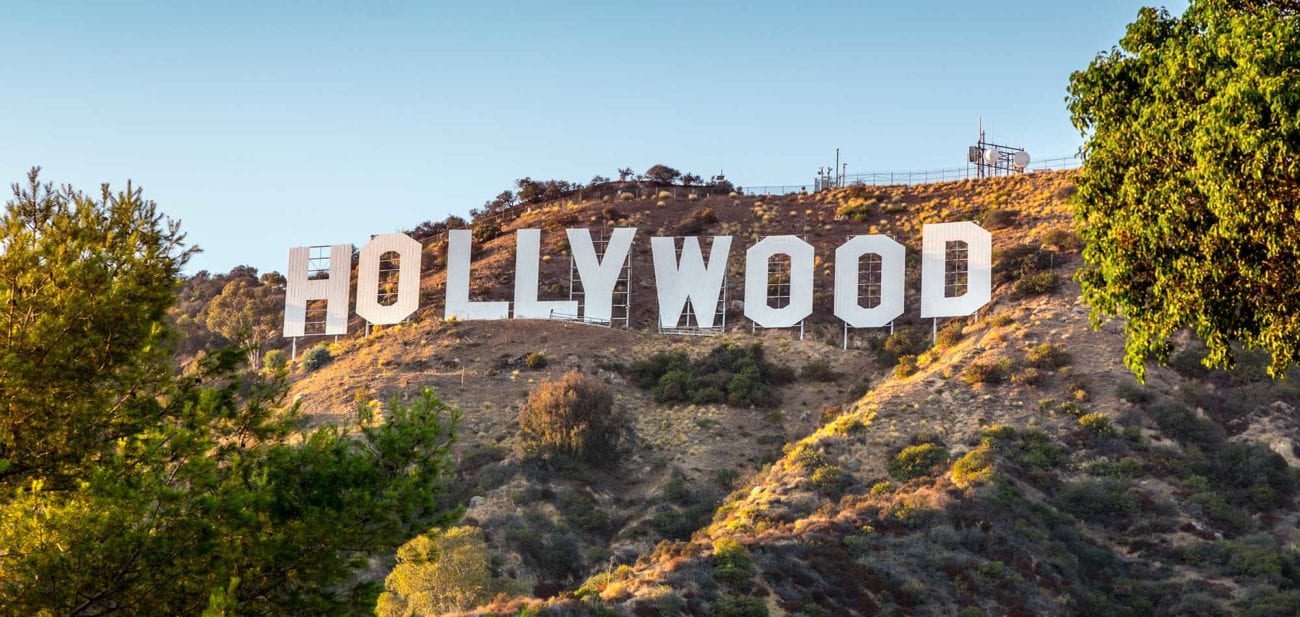
Secrets of the craft: 10 most inspirational quotes from Hollywood’s finest
The very best way to learn about film is from other filmmakers. More so than your average professor of the arts or newspaper film critic, the directors & writers you like are a wealth of knowledge. Not only can a new movie from a fave filmmaker inspire thoughts and ideas, but we can now also take advantage of the internet to track down interviews and commentaries that divulge hidden gems of tips and tricks drawn from real experience in the movie business.
Almost every director will agree that one of the most important aspects of filmmaking is the screenplay. It’s the foundation from which an entire cinematic structure is built, and it can make or break a movie’s success. We’ve collected some thoughts from the industry’s leading talents as well as some classic auteurs to help inspire the aspiring screenwriter.
“The best delivery system ever invented for an idea is a story.” – Aaron Sorkin

Sorkin is the genius behind popular shows The West Wing & Newsroom, and has also lent his skills for dialogue to films such as The Social Network & Steve Jobs. Last year, he made his directorial debut with Molly’s Game – a powerful feminist flick that chronicles the rise and fall of Molly Bloom, the queen of celebrity poker. His message for screenwriters speaks for itself: if you’ve got an idea to share, spin it into a story.
“There’s a lot of power in saying no to big things that you don’t want to do in order to say yes to the kind of things that really inspire you.” – Dee Rees
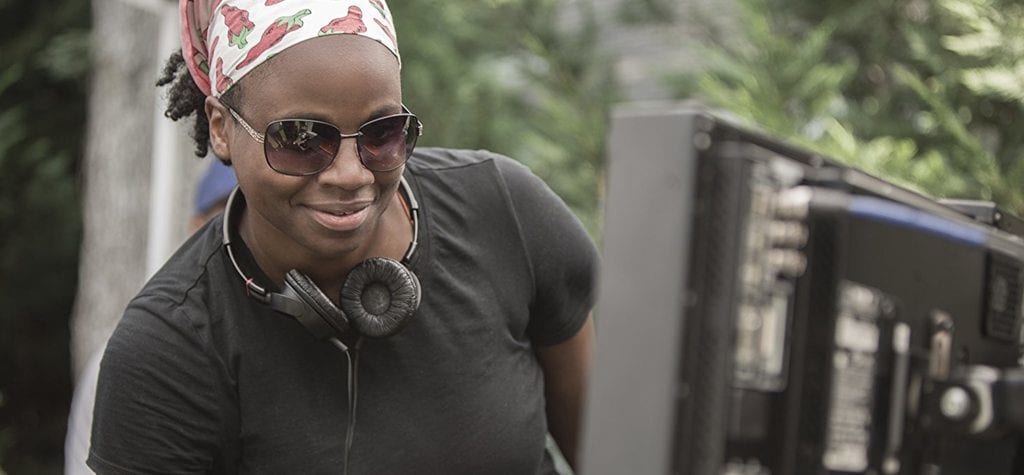
Dee Rees’s Mudbound joined Okja & The Meyerowitz Stories as one of the best original films produced by Netflix last year. After saying “no” to offers of studio success, Rees learned the power of taking a chosen path, rather than a path handpicked for you. There’s no sense in writing something without passion, so take it from the director behind a three-time Oscar-nominated independent film – write what you know and love.
“To make a great film you need three things – the script, the script, and the script.” – Alfred Hitchcock
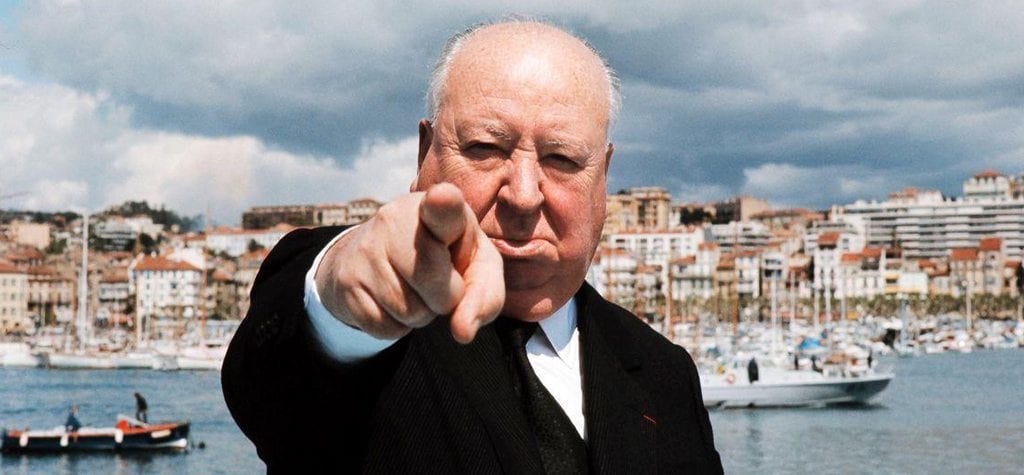
The master of suspense – Hitchcock – commanded his actors, cameras, and set pieces with precision to produce mysteries & thrillers that still keep us on the edge of our seats more than 50 years later. However, his films wouldn’t be anywhere without the script. Movies like Psycho, Rear Window, and Vertigo lure us in with naturalistic conversation and believable romance, before tearing the characters we grow to love from the real world and into stories of deceit and horror.
“I stopped writing this movie about twenty times because I thought it was impossible. I thought it wasn’t going to work. I thought no one would ever make this movie. But I kept coming back to it because I knew if someone let me make this movie, that people would hear it, that people would see it.” – Jordan Peele
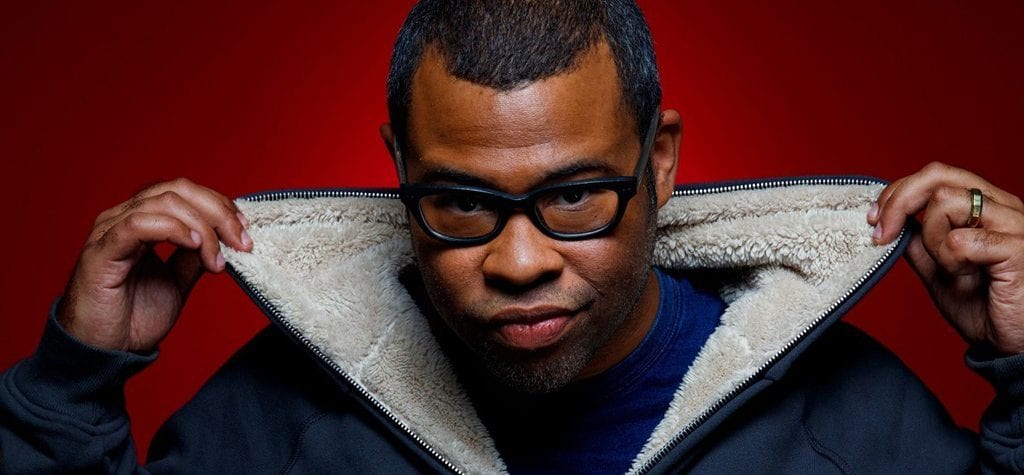
Originally from a sketch comedy background, Jordan Peele (Get Out) transferred his talents for the weird & wonderful into a biting satire of race and identity politics in America, wrapped in a thrilling horror film. Having just won the Academy Award for Best Original Screenplay, Peele’s big win proves the thing you keep putting down and forgetting about is always worth finishing.
“You can’t fix a bad script after you start shooting. The problems on the page only get bigger as they move to the big screen.” – Howard Hawks
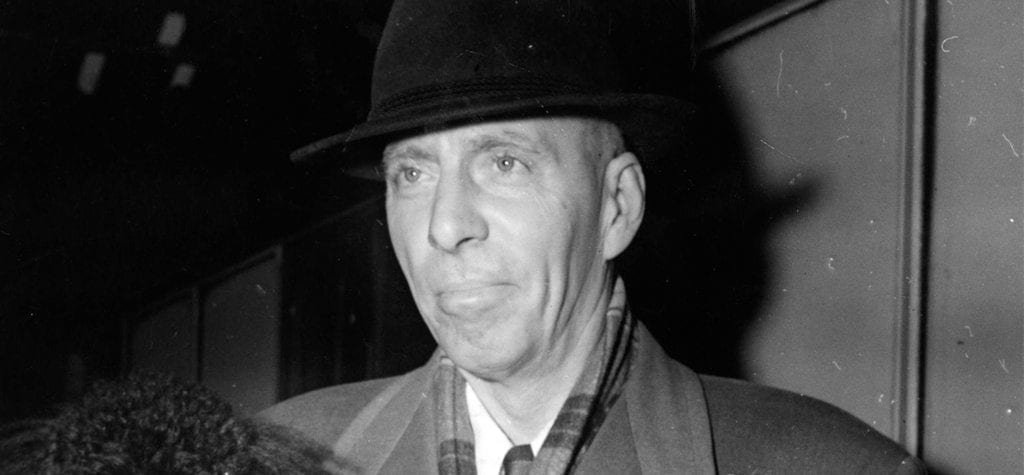
As one of the Golden Age of Hollywood’s most versatile directors, Howard Hawks made it look easy to flit back and forth between genres, moving from comedy to Westerns to crime, and even dabbling briefly with B-movie science fiction (The Thing from Another World). At the time, Hawks was perhaps too changeable to become a household name, but is now considered an auteur behind some of our favorite classic films. How did he manage it? Always have a great script.
“I have a deep need to take care of my characters. It’s not that I don’t want to go down the dark avenues — I want to hold their hands down the dark avenues.” – Greta Gerwig
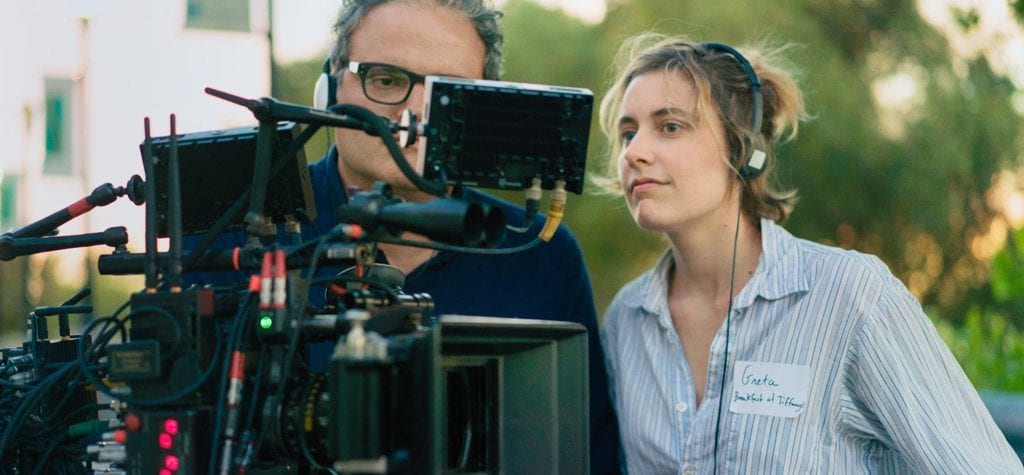
Greta Gerwig’s stunning debut wowed us with sensitive performances, all of which were full of fire, passion, and tenderness. A magician behind the camera, Gerwig (Lady Bird) was also the mastermind behind the film’s scripting, and made sure each character was full of life and personality. It’s all well and good to take your characters down dark places, but you’ve got to make sure you know them first.
“What scares me scares you.” – John Carpenter
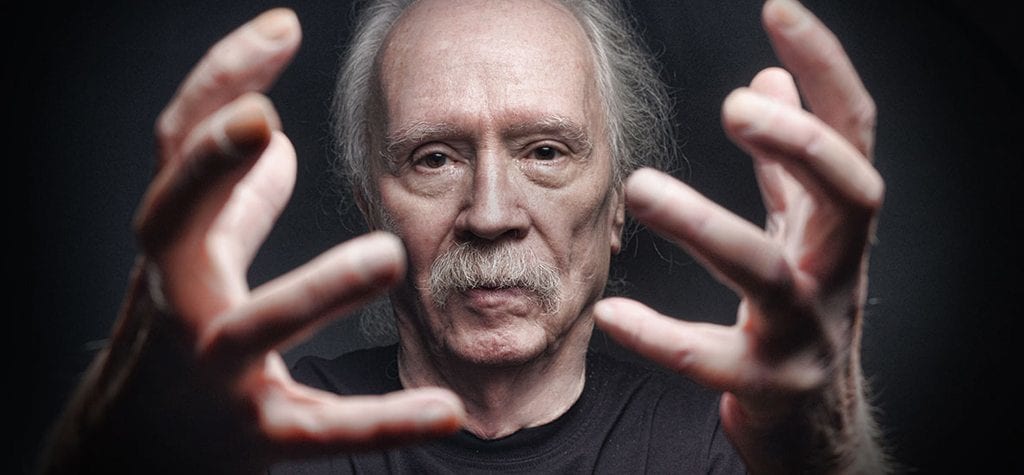
A surprising mantra coming from the mastermind behind classic horror movies like The Thing & Halloween – you would have thought nothing could scare John Carpenter. However, there’s some insightful advice to be found in his statement for any budding filmmaker with regards to low budget horror films – write about not only what you know, but also what scares you.
“If there’s specific resistance to women making movies, I just choose to ignore that as an obstacle for two reasons: I can’t change my gender, and I refuse to stop making movies. – Kathryn Bigelow
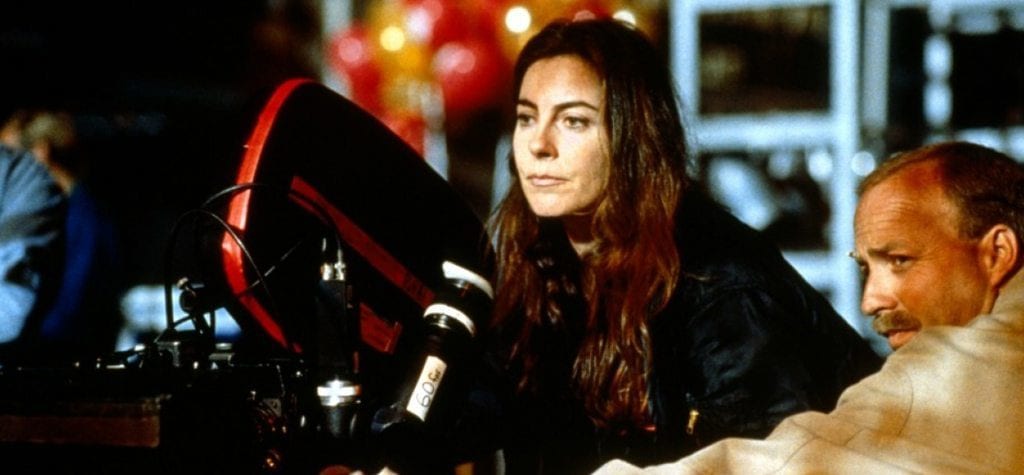
Over the last year, two of the most stirring period dramas – Mudbound & Detroit – were directed by women. Meanwhile, Greta Gerwig became the fifth female director nominated for the Best Director accolade at the Oscars. In short, it’s been a strong year for women behind the camera. Detroit’s director Bigelow has proven time and time again that the best way to avoid resistance is to simply ignore it and keep pushing through.
“My filmmaking education consisted of finding out what filmmakers I liked were watching, then seeing those films.” – Paul Thomas Anderson
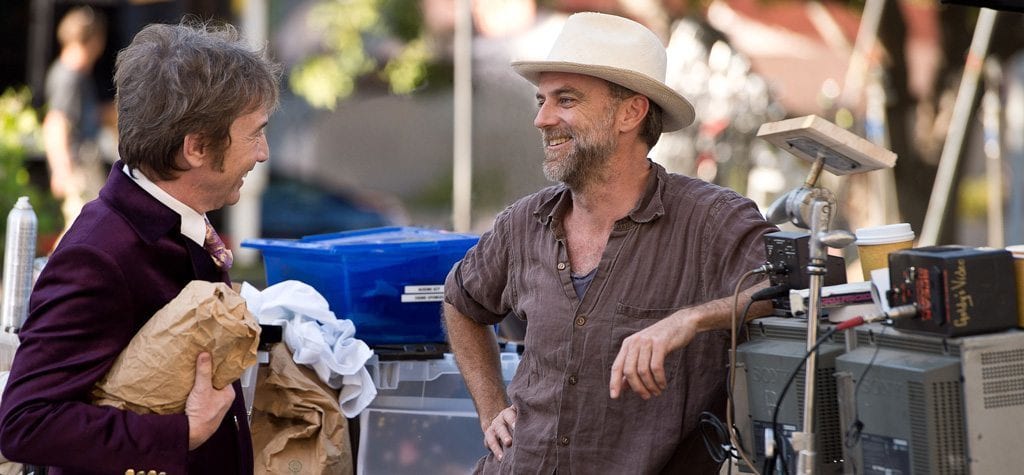
Director of last year’s Best Picture nominee Phantom Thread, Anderson is also the genius behind some of the 21st Century’s best films, including There Will Be Blood & The Master. With so much in common with Quentin Tarantino – who famously cultivated his love of cinema during a long tenure at a movie rental store – Anderson proclaims the best education a young filmmaker can get is to simply watch as many movies as possible. Fans of his film Boogie Nights would do well to track Anderson’s audio commentary for the movie too, which is just about as good as any film class.
“I think you have to write the film that you want to see, and try and do it honestly, and you can’t control people’s responses, really.” – Edgar Wright
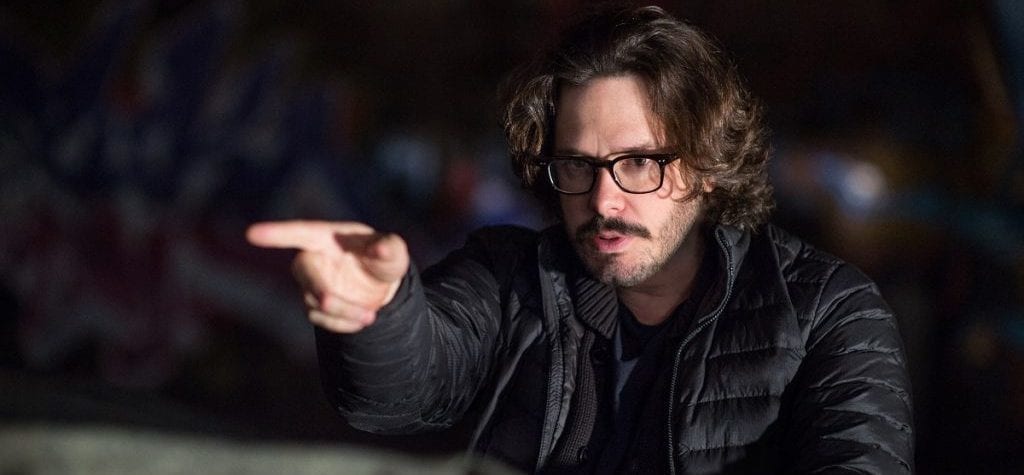
The British film geek turned his love for genre cinema and B-movies into a worldwide success with his Cornetto Trilogy. Wright is also responsible for cult classic Scott Pilgrim vs. the World and last year’s hit Baby Driver. An ode to gritty crime injected with beats & rhythms, there’s no doubt Wright made the exact movie he wanted to see when he sat down to write the screenplay. It’s also no coincidence that one of last year’s best films was one with the most heart and passion. Write not only what you know, but what you want to see.



